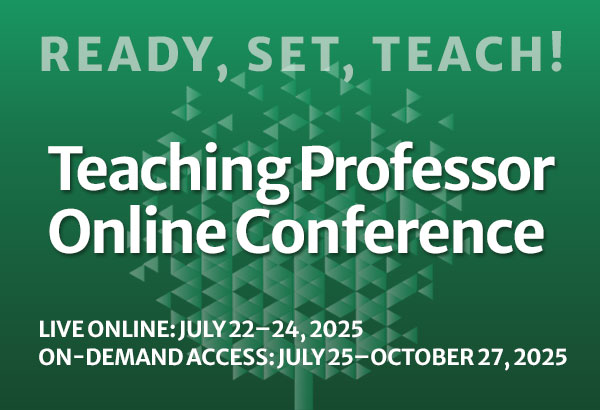
Inoculate against Cheating and Plagiarism with Tech-Free Reading Quizzes
Anxious not to be guilty of “policing,” many faculty work hard to prevent academic dishonesty by focusing on student motivation (making learning fun!), feelings (never prompt anxiety!), and (especially for professors who believe themselves to be au courant in terms of pedagogy) “scaffolding” assignments to












